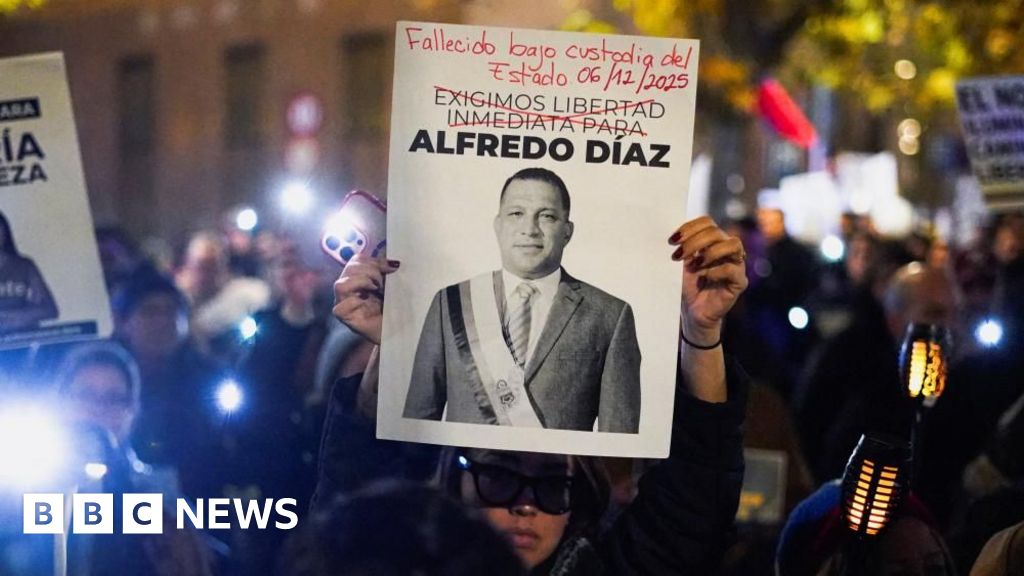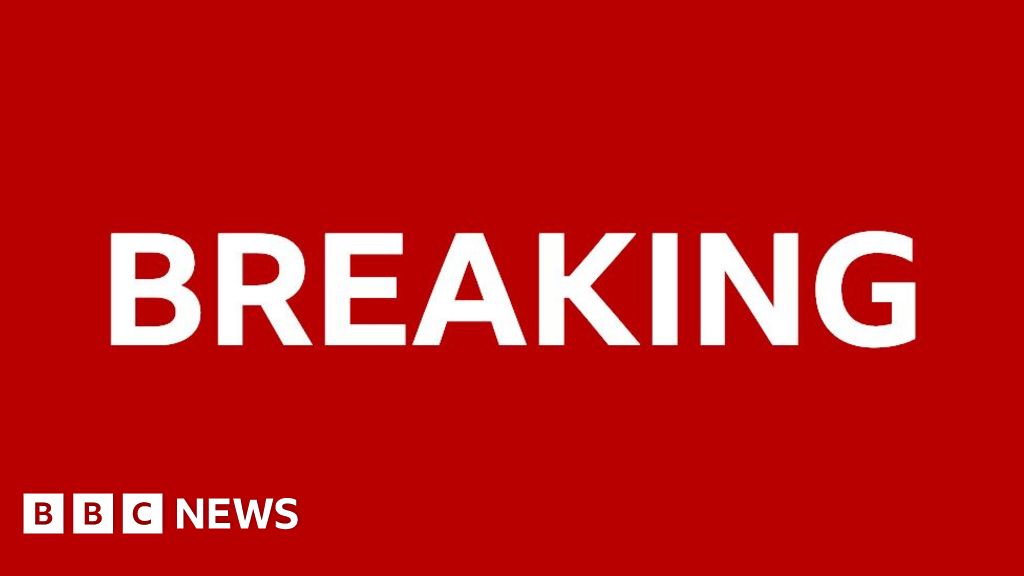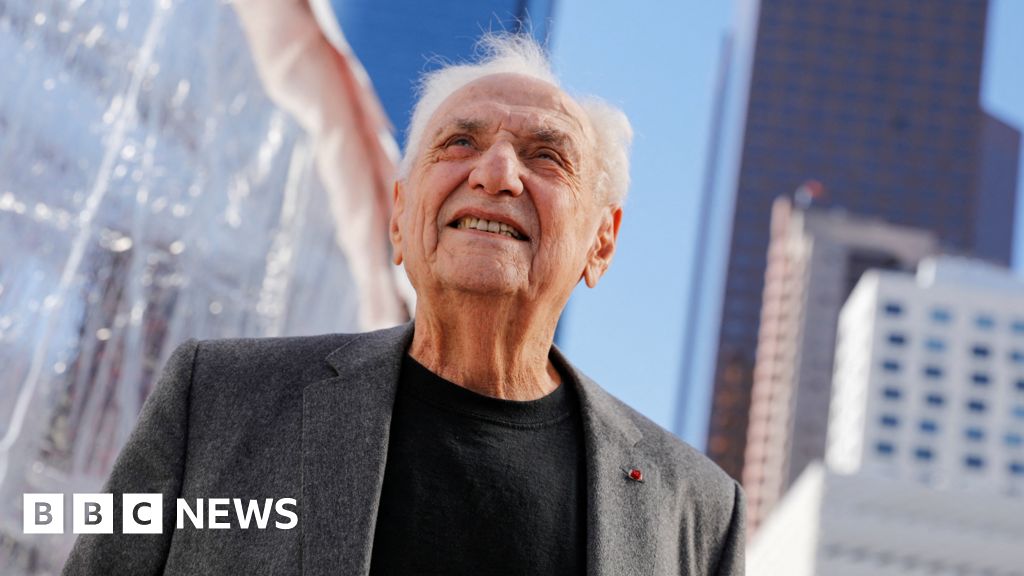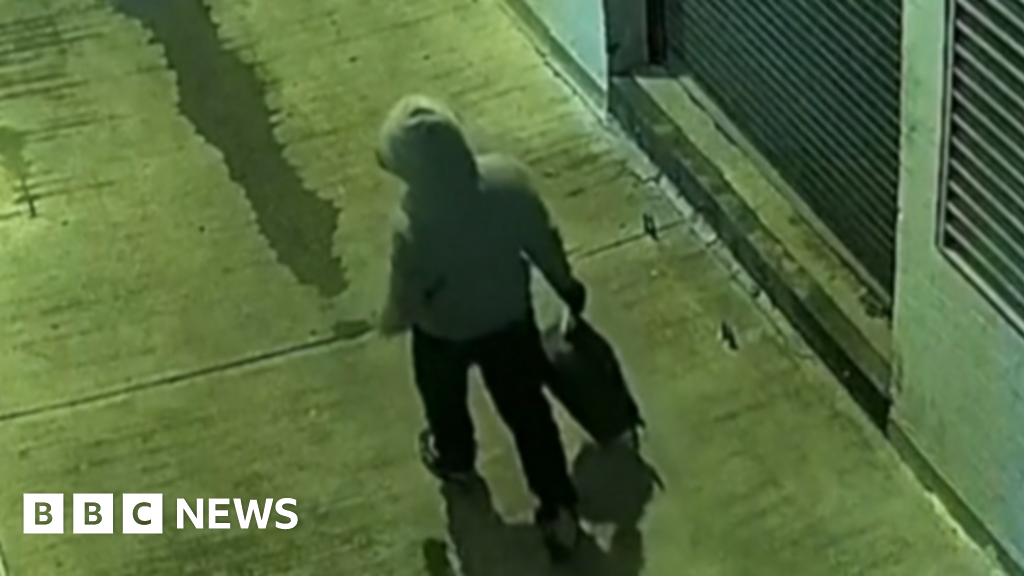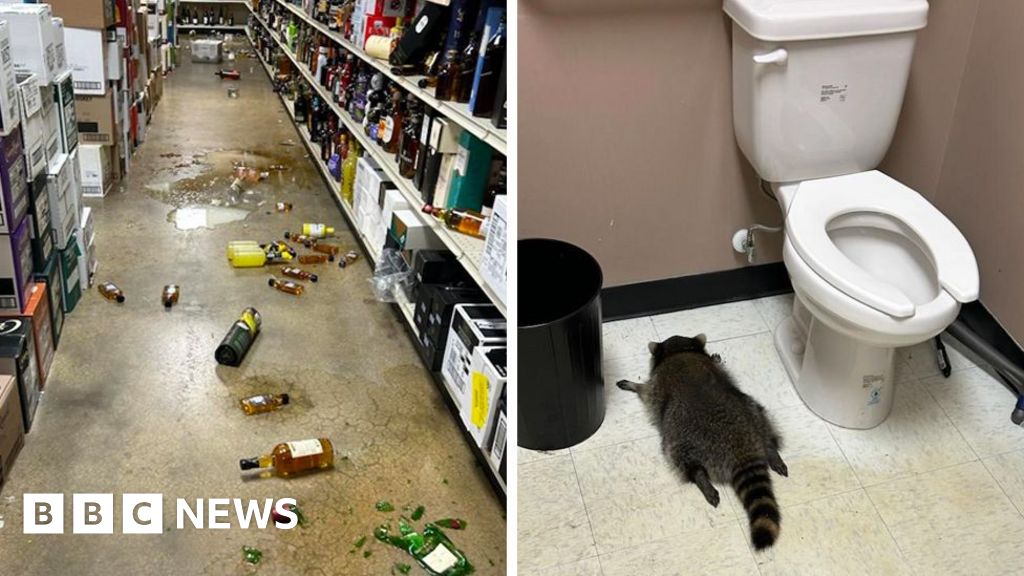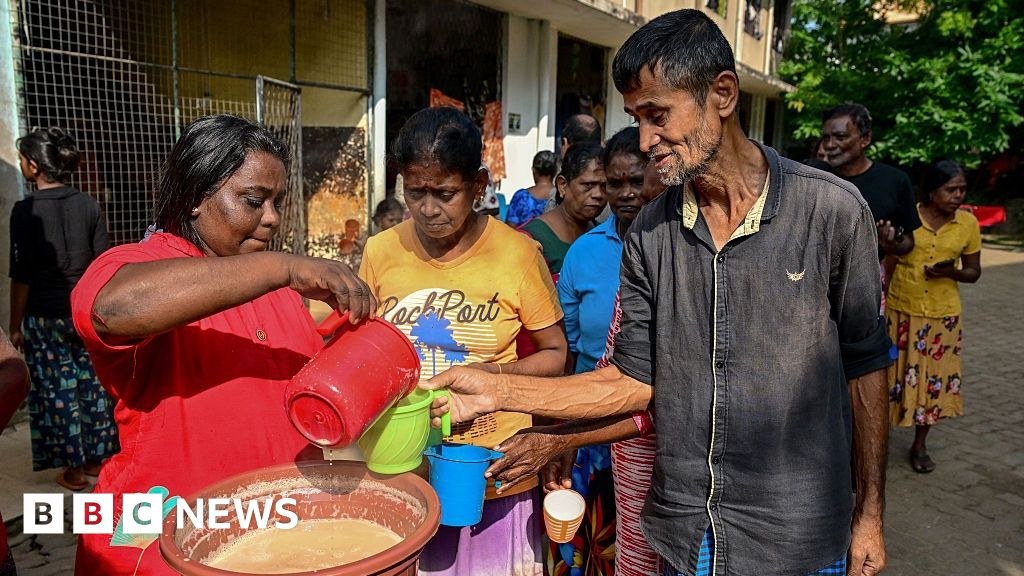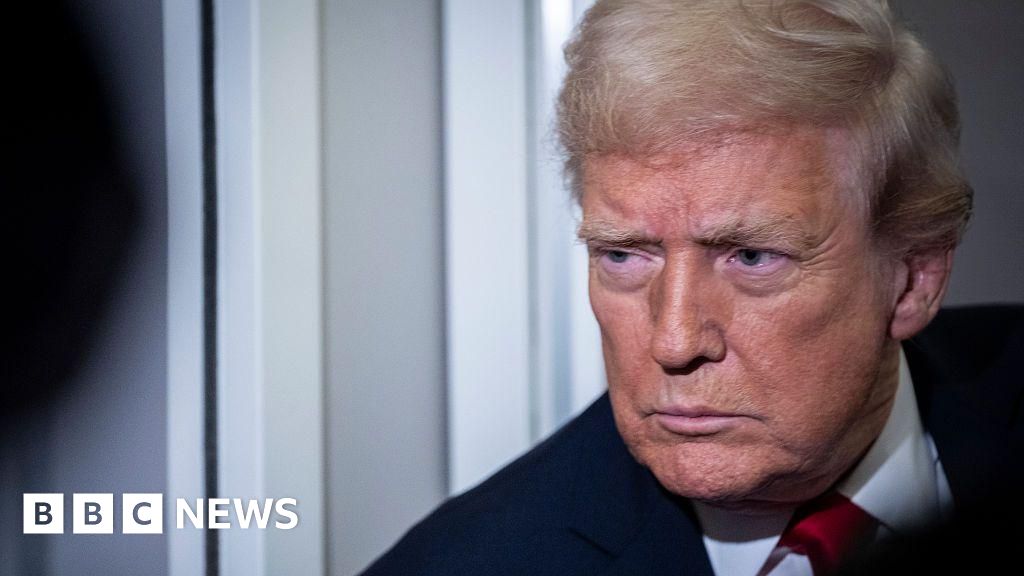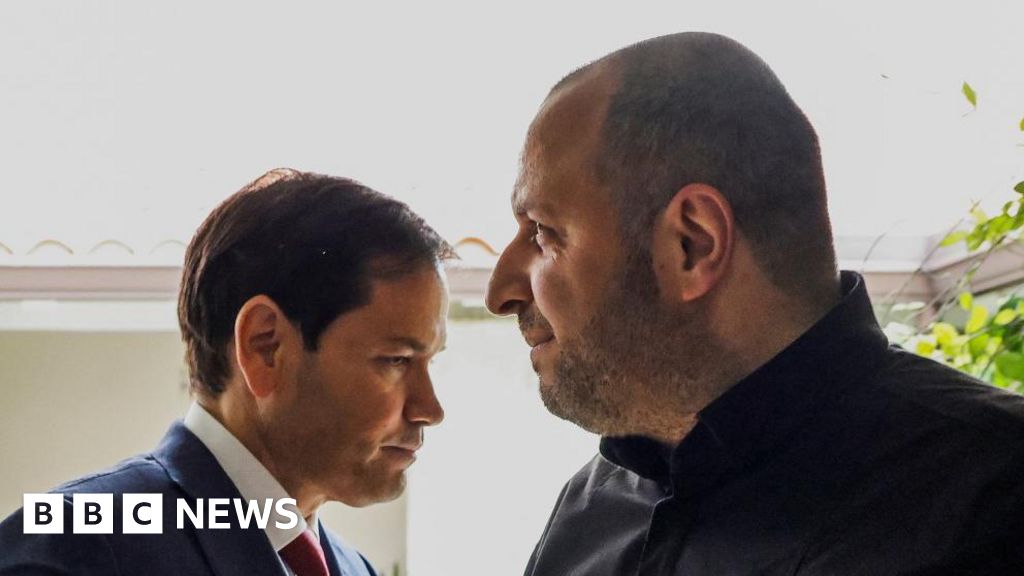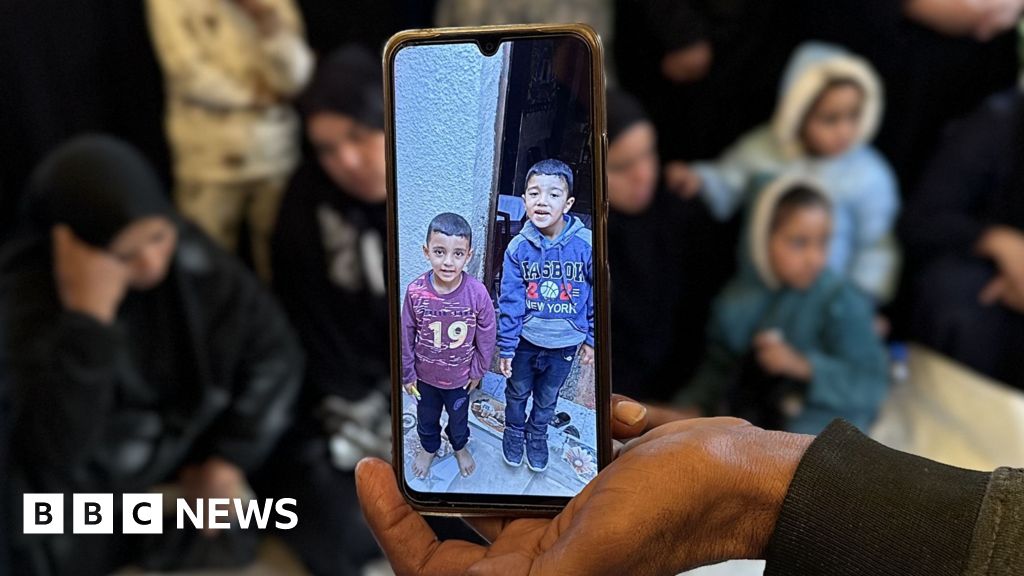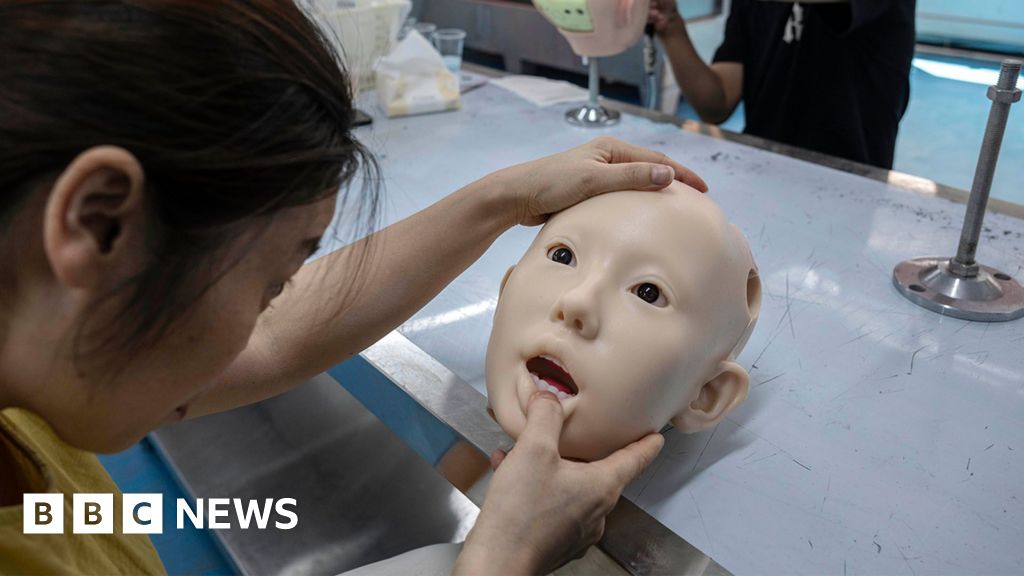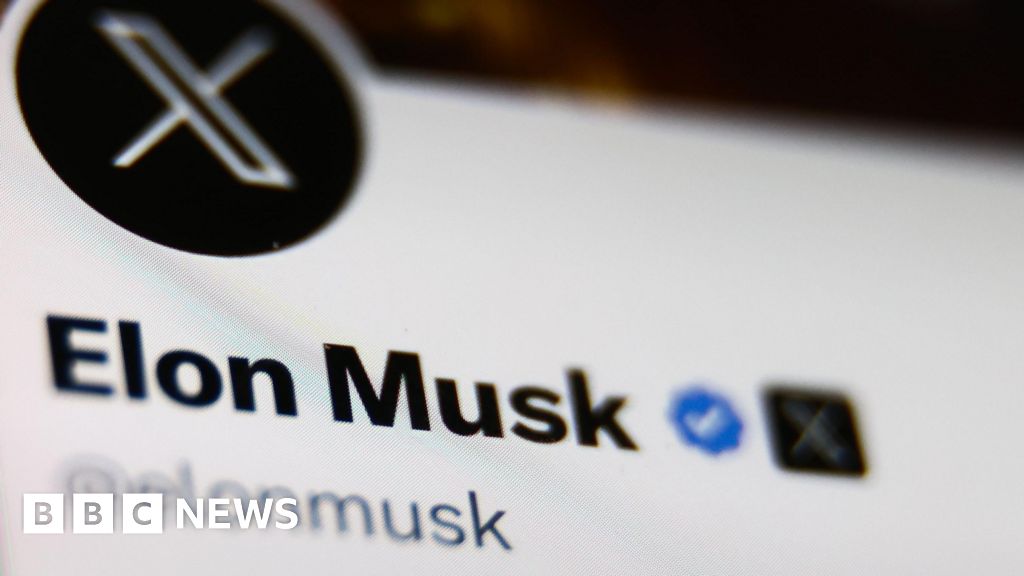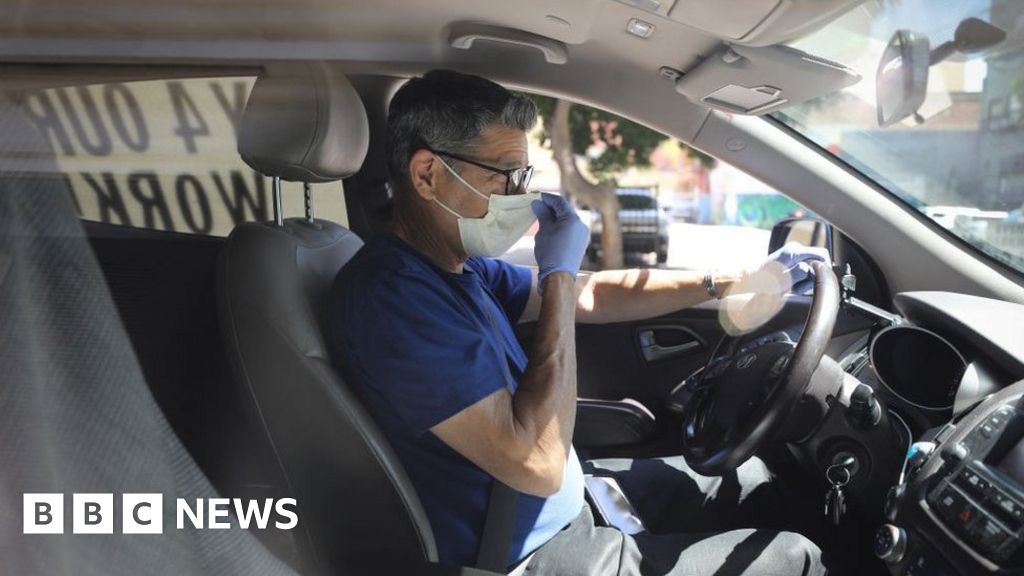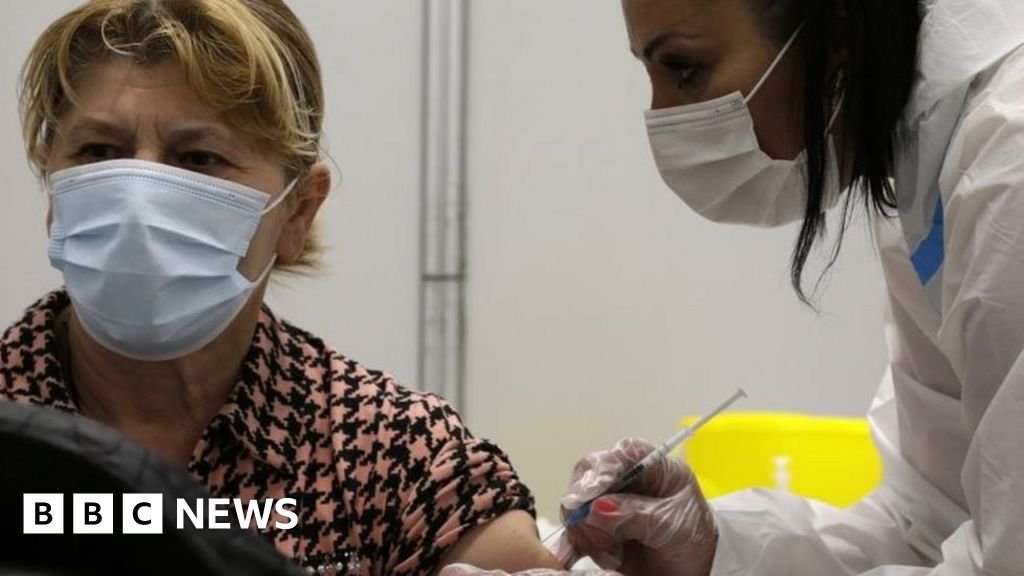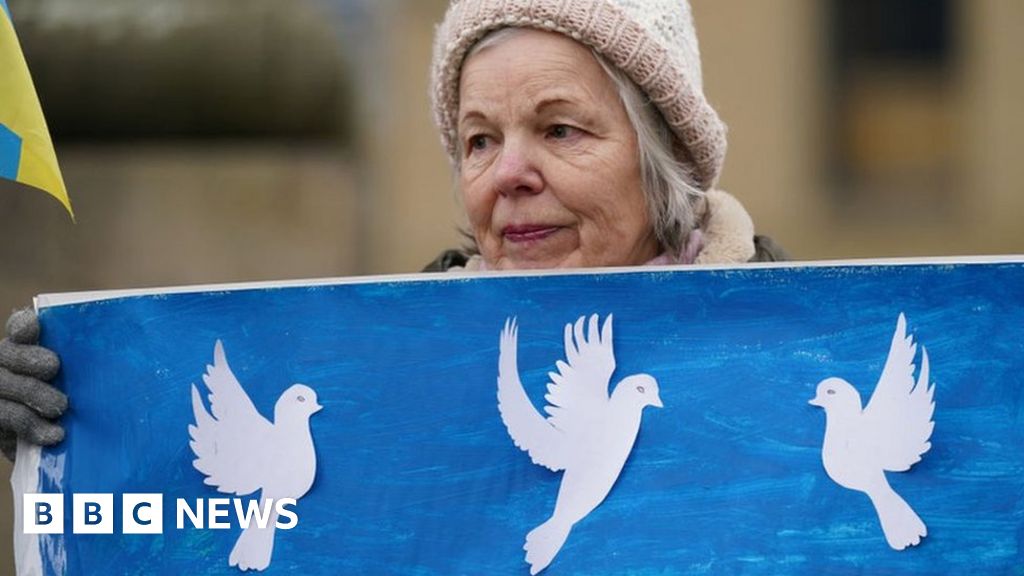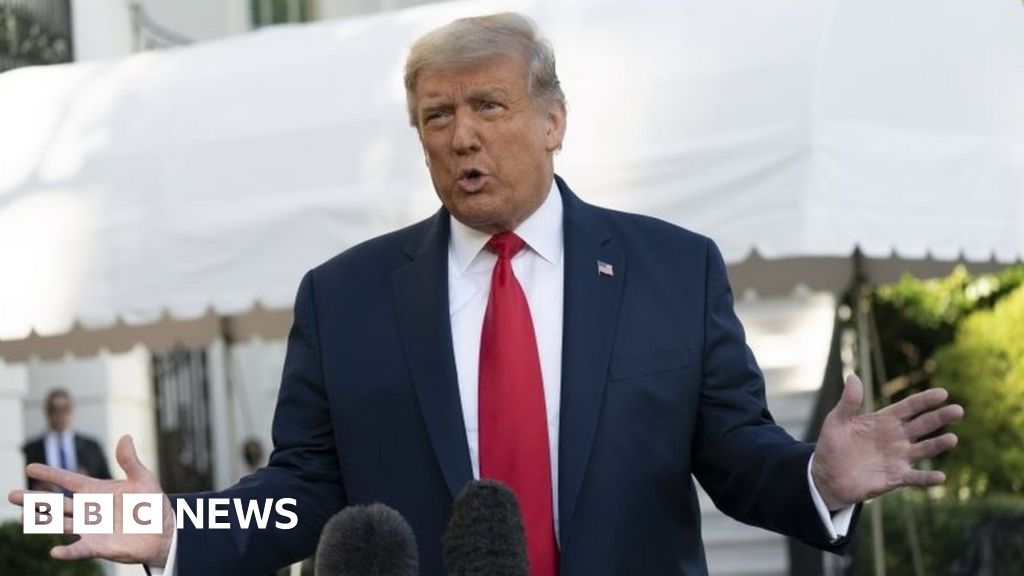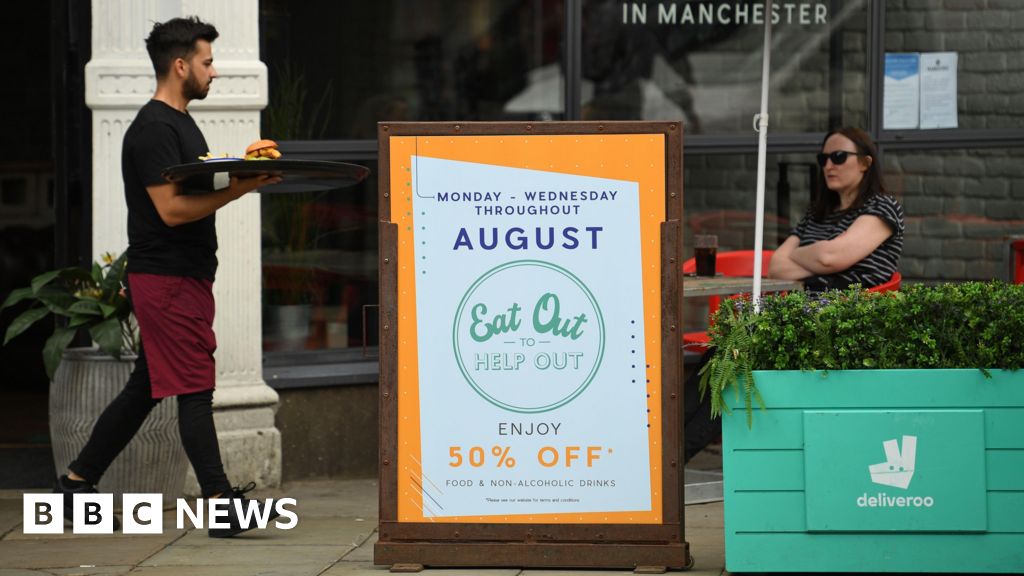Major credit card companies should block payments to pornographic sites, according to a group of international campaigners and campaign groups who say they work to tackle sexual exploitation.
A letter seen by the BBC, signed by 10 campaigners and campaign groups, says porn sites “eroticise sexual violence, incest, and racism” and stream content that features child sexual abuse and sex trafficking.
One leading site, Pornhub, said “the letter [was] not only factually wrong but also intentionally misleading.”
Mastercard told the BBC they were investigating claims made in the letter on pornography sites and would “terminate their connection to our network” if illegal activity by a cardholder was confirmed.
The letter was sent to 10 major credit card companies, including the “Big Three”, Visa, MasterCard and American Express. The signatories from countries including the UK, US, India, Uganda and Australia have called for the immediate suspension of payments to pornographic sites.
The signatories of the letter include the conservative non-profit group the National Center on Sexual Exploitation (NCOSE) in the US, and several other faith-led or women and child rights’ advocacy groups.
The letter alleges it is impossible to “judge or verify consent in any videos on their site, let alone live webcam videos” which “inherently makes pornography websites a target for sex traffickers, child abusers, and others sharing predatory nonconsensual videos”.
“We’ve been seeing an increasingly global outcry about the harms of pornography sharing websites in a number of ways in recent months,” said Haley McNamara, the director of the UK-based International Centre on Sexual Exploitation, the international arm of the NCOSE and a signatory of the letter.
“We in the international child advocacy and anti-sexual exploitation community are demanding financial institutions to critically analyse their supportive role in the pornography industry, and to cut ties with them,” she told the BBC.
A report on the appetite for child abuse videos on pornography sites was published in April by India Child Protection Fund (ICPF). The organisation said there had been a steep increase in demand for child abuse searches on pornography sites in India, particularly since coronavirus lockdown.
Monitoring pornography online
Pornhub, the most popular pornography streaming site, is named in the letter. In 2019, it registered more than 42 billion visits, the equivalent of 115 million a day.
Pornhub was under scrutiny last year when one of its content providers – Girls Do Porn – became the subject of an FBI investigation.
The FBI charged four people working for the production company that created the channel of coaxing women into making pornographic films under false pretences. Pornhub removed the Girls Do Porn channel as soon as the charges were made.
Commenting to the BBC in February regarding this case, Pornhub said its policy was to “remove unauthorised content as soon as we are made aware of it, which is exactly what we did in this case”.
In October last year a 30-year-old Florida man, Christopher Johnson, faced charges for sexually abusing a 15 year old. Videos of the alleged attack had been posted on Pornhub.
In the same statement to the BBC in February, Pornhub said its policy was to “remove unauthorised content as soon as we are made aware of it, which is exactly what we did in this case”.
The Internet Watch Foundation, a UK organisation that specialises in monitoring online sexual abuse – particularly of children – confirmed to the BBC that they had found 118 instances of child sexual abuse and child rape videos on Pornhub between 2017 and 2019. The body works in partnership with global police and governments to flag illegal content.
In a statement to the BBC, a spokesperson for Pornhub said they had “a steadfast commitment to eradicating and fighting any and all illegal content, including non-consensual and under-age material. Any suggestion otherwise is categorically and factually inaccurate.”
“Our content moderation system is at the forefront of the industry, utilising leading technologies and moderation techniques that create a comprehensive process to detect and rid the platform of any illegal content.
Pornhub said the letter was sent by organisations “who attempt to police people’s sexual orientation and activity – are not only factually wrong but also intentionally misleading.”
American Express has had a global policy in place since 2000 that says it prohibits transactions for adult digital content where the risk is deemed unusually high, with a total ban on online pornography. In an interview with the Smartmoney website in 2011, a spokesperson for American Express at the time said this was due to high levels of disputes, and an additional safeguard in the fight against child pornography.
Yet, the organisations also sent the letters to American Express, because they say American Express payment options have been offered on pornography sites – including one that specialises in teenage themed content.
A spokesperson for American Express told the BBC that while the global policy still stood, American Express had a pilot with one company that allowed for payment to certain pornography streaming websites if the payment was made within the US and on a US consumer credit card.
Other major credit card companies, including Visa and MasterCard, do allow both credit and debit card holders to purchase online pornography.
In an email to the BBC, a spokesperson for Mastercard said they were “currently investigating the claims referred to us in the letter.
“The way our network works is that a bank connects a merchant to our network to accept card payments.
“If we confirm illegal activity or violations of our rules (by card holders), we will work with the merchant’s bank to either bring them into compliance or to terminate their connection to our network.
“This is consistent with how we have previously worked with law enforcement agencies and groups like National and International Centers for Missing and Exploited Children.”
Some moves have been made by online payment companies to distance themselves from the pornography industry.
In November 2019, Paypal, the global online payment company, announced it would no longer be supporting payments to Pornhub as their policy forbids supporting “certain sexually oriented materials or services”.
In a blog on their site, Pornhub said they were “devastated” by the decision and the move would leave thousands of Pornhub models and performers who relied on subscription from the premium services without payment.
A pornography performer who shares material on Pornhub, and who asked to remain anonymous, said a payment freeze would have devastating implications for her earnings.
“Honestly, it would be a body blow,” she said. “It would wipe out my entire income and I wouldn’t know how to earn money, especially now in lockdown.”
Following mounting pressure for more accountability from pornographic sites, Senator Ben Sasse of Nebraska sent a letter to the US Department of Justice in March asking Attorney General William Barr to investigate Pornhub for allegedly streaming acts of rape and exploitation.
In the same month, nine Canadian multi-party parliamentarians wrote to Prime Minister Justin Trudeau calling for an investigation into MindGeek, the parent company of Pornhub, which has its headquarters in Montreal.
Signatories of the letter:
International Centre on Sexual Exploitation, UK,
National Center on Sexual Exploitation, US,
Collective Shout, Australia
European Network of Migrant Women, Belgium
Word Made Flesh Bolivia, Bolivia
Media Health for Children and Youth, Denmark
FiLiA, England
Apne Aap, India
Survivor Advocate, Ireland
African Network for the Prevention and Protection against Child Abuse and Neglect, Liberia
The Reward Foundation, Scotland
Talita, Sweden
The Boys’ Mentorship Programme, Uganda
